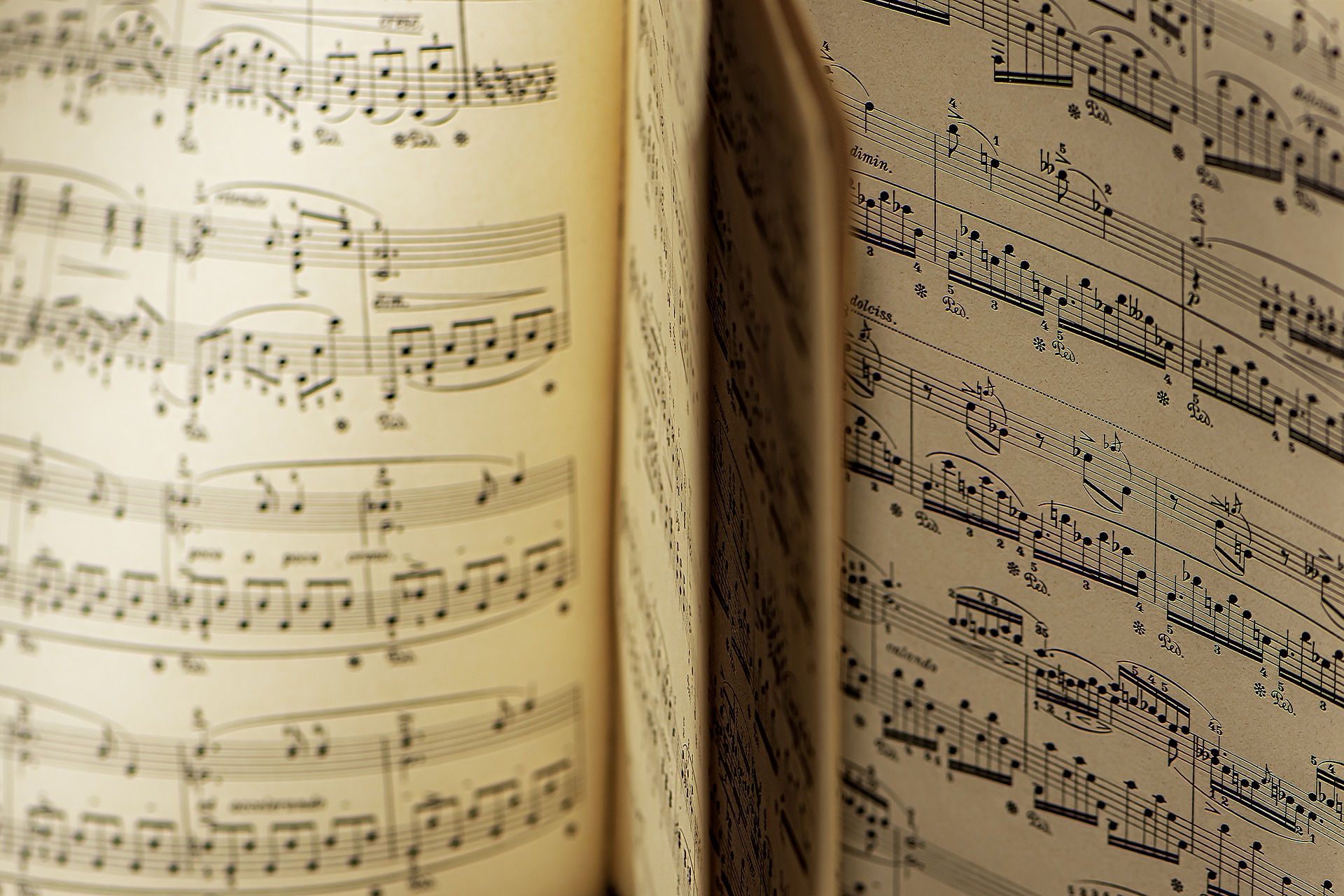News release
From:
Musicians Have More Connected Brains Than Non-Musicians
Musicians’ brains, regardless of innate pitch ability, have stronger connections than non-musicians
The brains of musicians have stronger structural and functional connections compared to those of non-musicians, regardless of innate pitch ability, according to new research from JNeurosci.
Years of musical training shape the brain in dramatic ways. A minority of musicians — with Mozart and Michael Jackson in their ranks — also possess absolute pitch, the ability to identify a tone without a reference. But, it remains unclear how this ability impacts the brain.
In the biggest sample to date, Leipold et al. compared the brains of professional musicians, some with absolute pitch and some without, to non-musicians. To the team’s surprise, there were no strong differences between the brains of musicians with and without absolute pitch ability; instead absolute pitch may shape the brain in more subtle ways. Compared to non-musicians, both types of musicians had stronger functional connectivity — the synchronized activity of brain regions — in the auditory regions of both brain hemispheres. Musicians also had stronger white matter connections between auditory regions and lobes involved in various types of high-level processing. Musicians that began their training at a younger age had stronger structural connections than musicians with a later start. These results demonstrate how experience shapes the brain, especially early in life, and how enhanced musical skills are represented in our brain.



 International
International



